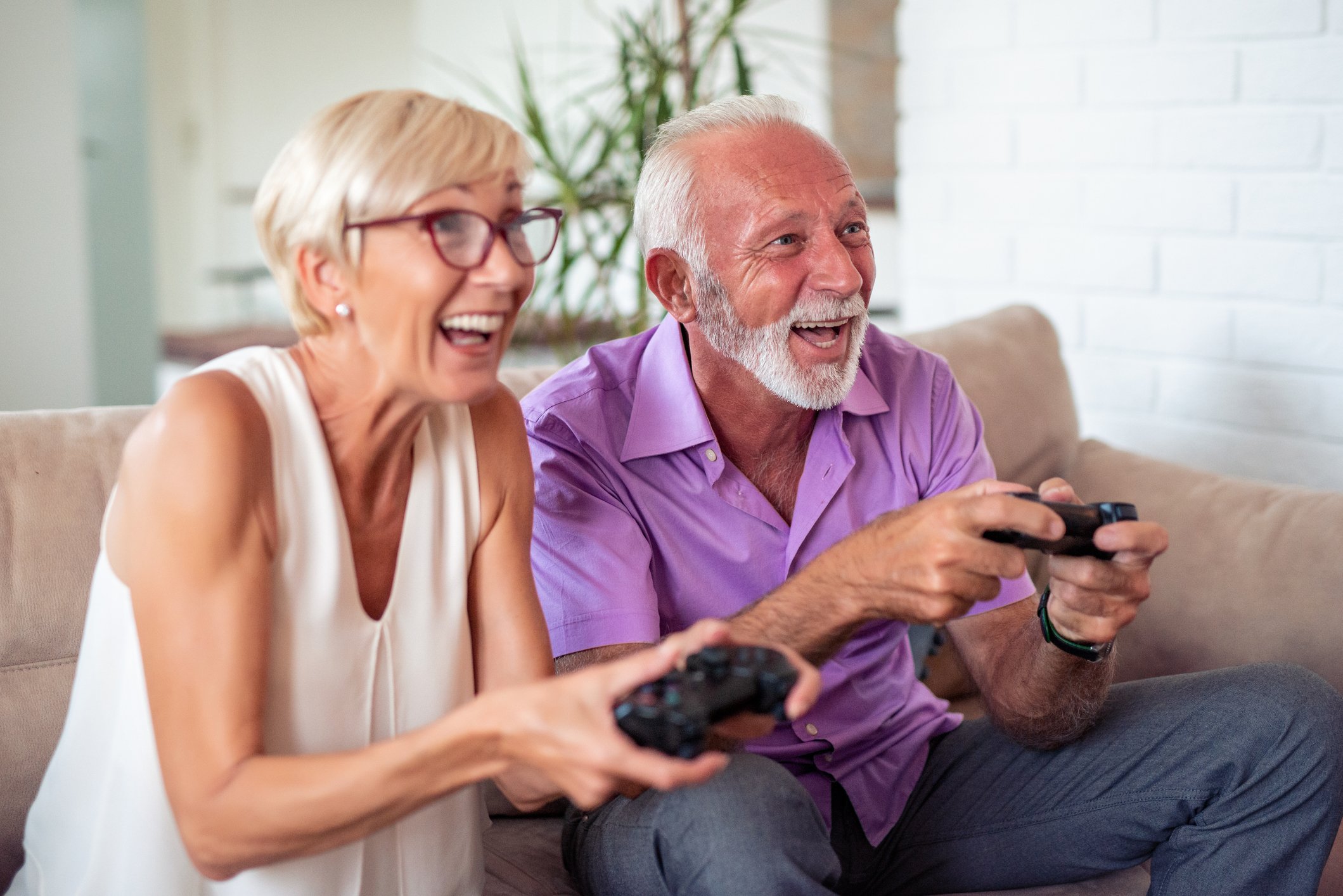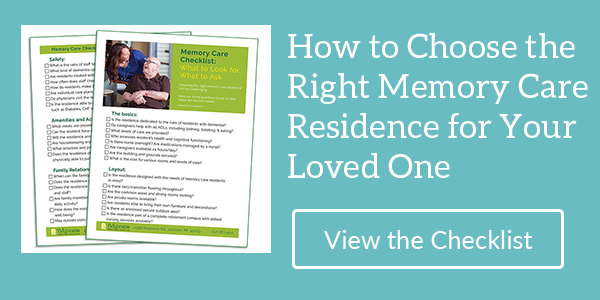
As we remain at home during COVID-19, this could be the perfect time to concentrate on your brain health. Habits formed now will help integrate these exercises into your future daily routine.
Review this list and choose a few to start with. Schedule at least 30 minutes a day for activities and incorporate the other ideas to help increase your mind’s capacity and health.
Exercise aerobically
Physical exercise benefits both our bodies and our brains. A study at the University of British Columbia discovered that aerobic movements appeared to increase the size of the hippocampus, the part of the brain involved in memory and learning.
If you’d like a change, dancing is a great way to get moving. Signing up for a face-to-face class will have to wait but turn on some upbeat music and make the steps up as you go along. Order how-to videos or follow along on-line. Feel the beat and have fun.
Master a new skill
Even if you’ve learned a complex skill, repeating those steps will no longer challenge your brain. Instead, make it an everyday priority to explore and discover so you can nurture your brain and reap the benefits. Any topic that poses a new opportunity to learn is a possibility.
The choices are limitless – you might decide to study another language, learn how to read music, play a musical instrument or try mastering macro-economics. The point is to choose something that’s both of interest and challenging so you’ll stay committed.
Enrich your vocabulary and imagination
One exercise you can engage in while staying at home is improving your vocabulary. Whenever you come across a word you don’t know, make it a habit to look up the definition and then practice using it in a sentence a few times.
When relating or listening to a story, describe or pay attention to the details. Try painting a mental picture of the tale as this can cause new growth of cells in the visual, verbal and memory parts of the brain.
Eat a better diet
As the rules of our daily lives seem to be turned upside down, It’s OK to relax a little on what you would normally eat. But even though increasing your intake of high calorie or sweetened foods may be tempting, for the most part, eating healthy is still the better choice.
If you live in a community, you already have the support of nutritionists and seasoned chefs. But if you’re cooking more at home, explore the benefits of the Mediterranean diet. Food groups that are good for both the brain and the heart include, fruits, vegetables, fish, nuts, unsaturated oils and plant-based proteins.
Learn tai chi
Practicing this gentle form of exercise can reduce stress, help you sleep better and improve your memory. It can also help you feel more centered when life seems out of balance, which certainly applies today.
A study of tai chi found that those who participated long-term could induce structural changes in the brain. No equipment or special facility is needed so you can begin this at home and make it a part of your daily life. Study online videos to start. Because its intensity is low-to-moderate, it’s suited for all ages.
Take care of your emotional health
For most people, what we are facing with COVID-19 is unsettling. It’s still not clear what life will look like as we move forward or when we’ll be able to return to our normal activities.
If your anxiety levels are rising, try minimizing the amount of time spent listening to the news or thinking about worst-case scenarios. If you do find yourself feeling continued apprehension, you may want to talk with your healthcare provider.
Maintain healthy social networks
As social beings, we need human contact. We likely look back fondly today at the simple interactions and conversations we may have taken for granted. But even though we’re avoiding face-to-face gatherings, it’s still crucial that we stay in touch.
Take advantage of the increased technological avenues available to maintain contact with our family and friends. Although not the same as feeling another’s touch, Facetime, Skype and Zoom can fill a large gap in our self-isolating lives and help us not feel so alone.
Play a game
The right kind of game can also be brain beneficial. Card games such as Bridge challenge our thinking, organizational and decision-making skills. There are also advantages of completing complex jigsaw, crossword or Sudoku puzzles. But how about playing video games?
Research has discovered their importance for healthy seniors who either played Super Mario 64 for 30 minutes a day, five days a week; took piano lessons for the same frequency; or didn’t perform any tasks. Six months later, only the video game players showed an increase in gray matter volume, with their short-term memories improving as well.
Meditate
Practicing meditation can restore a sense of calm and help relieve the feelings of falling into a panic attack. If that happens to you, try these simple steps:
Recognize the fear that you’re feeling instead of trying to fight it. Calm your sympathetic nervous system by taking long, deep breaths, counting to five while inhaling and five while exhaling. Focus on releasing tension in your body while exhaling.
Sleep well
Although easier said than done, getting a good night’s sleep is eluding many of us. But we need the healing and restorative powers of sleep now more than ever.
Put your phone or tablet away while in bed. The light from your screen actually sends signals to the brain that you’re not ready for sleep. Try creating a normal sleep schedule. Spend the hour before bedtime taking a hot shower or bath, reading or listening to soothing music.
Taking care of our brain health can improve cognitive functions or slow down the decline. During these uncertain times, it’s helpful to find activities that can occupy our minds. Finding those that might increase our brain capacity is a great added benefit. Spending even a small amount of time each day can help incorporate these habits into our daily routines.
At John Ganton's Countryside, our Brightside residence for residents living with cognitive challenges allows them to be empowered and engaged. Recognizing each individual’s needs is at the center of our whole person approach.

